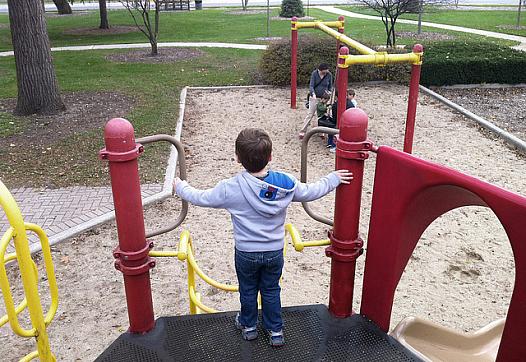
Researchers published a study this week that describes an uptick in reports of playground brain injuries. Although the increase was negligible, much of the media coverage failed to put the risks in context.

Researchers published a study this week that describes an uptick in reports of playground brain injuries. Although the increase was negligible, much of the media coverage failed to put the risks in context.

"It’s around 10 p.m. when I call a crisis worker for victims of domestic violence in remote Northern California," writes reporter Emily Cureton. "I’m panicking, 150 miles away in Oregon. I’m really afraid someone is going to get hurt tonight."

It was the disturbing practice of force-feeding that led author Ann Neumann to reach out to Connecticut prisoner Bill Coleman. The journalist-source relationship that ensued highlighted for Neumann the importance of “frank communication” over what makes it into the story.

California’s Central Valley has a reputation for violent communities. The region also has a reputation for higher rates of police shootings. Is inadequate access to health care and mental health services leading to more violent encounters?
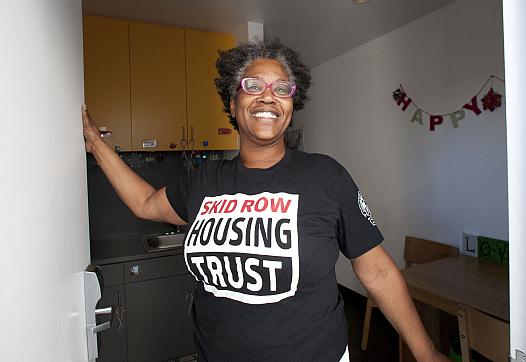
Star Apartments in L.A.'s Skid Row is a dazzling vision of what homeless housing can look like. But it's not the model the city is banking on to meet its huge need for supportive housing for the region's 45,000 people without homes.
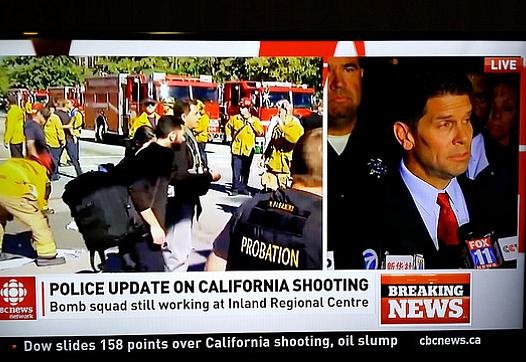
Daily life has regained a sense of normalcy in the months since the terror attacks in San Bernardino. But the longer lasting impacts are still taking shape. A reporter sets out to detail the event's impact on mental health across the inland region.

In California's Sacramento County, black children die at twice the rate of white children. The Sacramento City Council recently approved $750,000 for a county-led effort to lower the high death rate by connecting families with gang violence prevention, foster care assistance, health care and more.
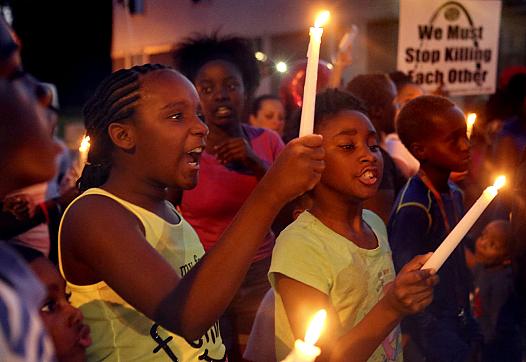
It has long been known that growing up in impoverished and dangerous neighborhoods such as Ferguson, Missouri dims life prospects. But now a commanding body of medical research presents a disturbing, biological picture of why.
Dr. Seema Yasmin’s reported this story as a National Health Journalism Fellow at the University of Southern California’s Center for Health Journalism.
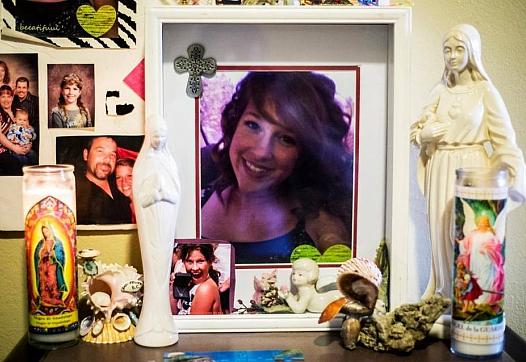
For her three-part series on the health effects of rising violent crime in Merced County, reporter Ana Ibarra interviewed victims and family members struggling with pain and raw emotion. Here she shares a few of the reporting lessons she learned along the way.